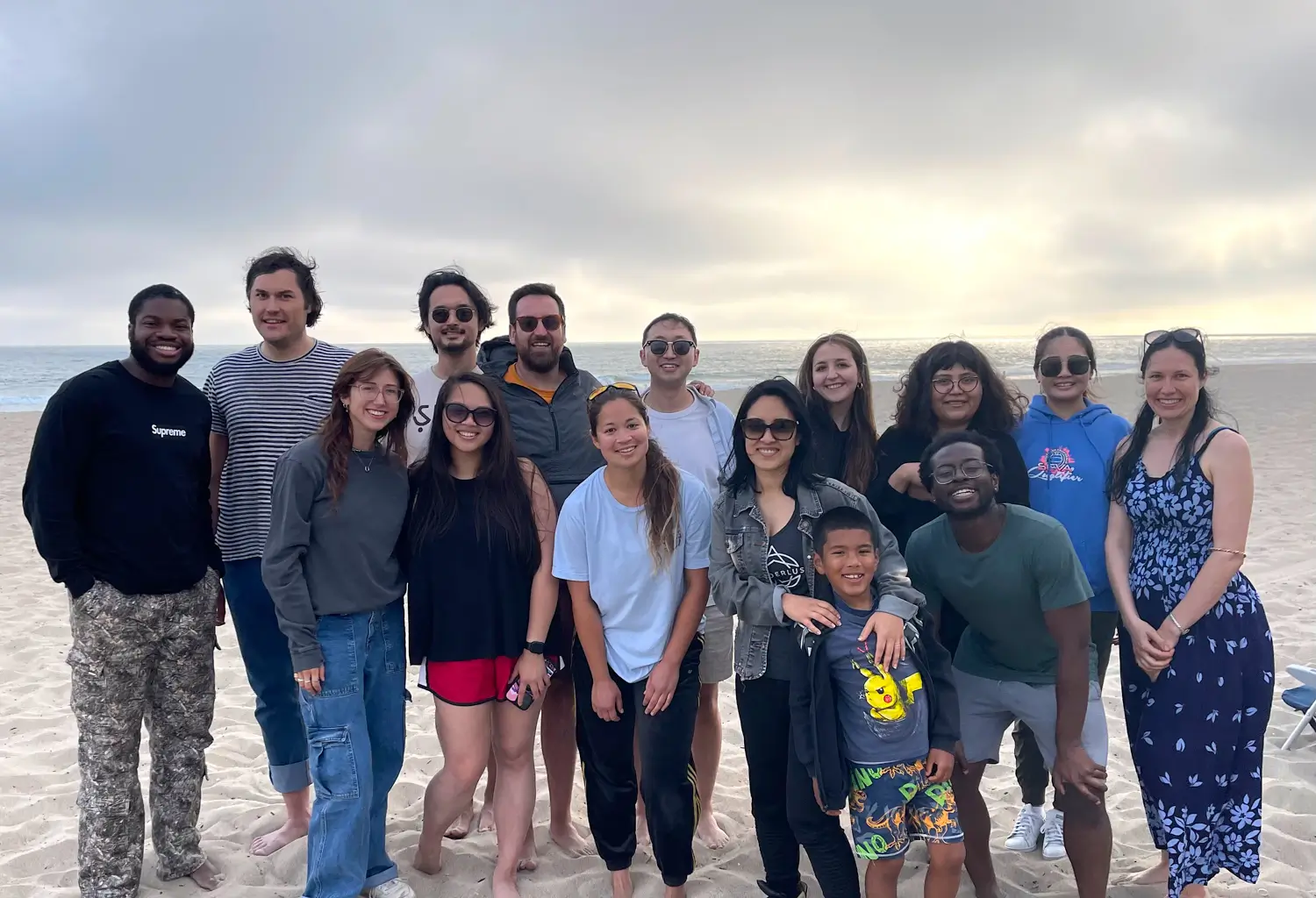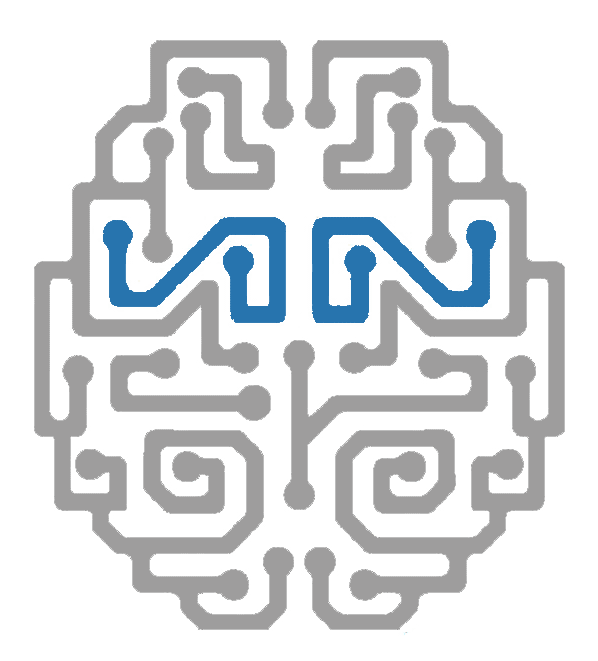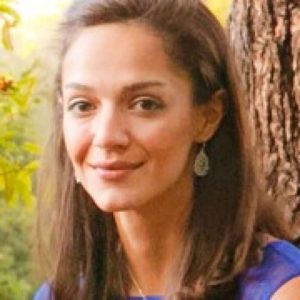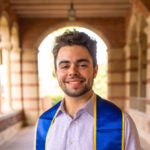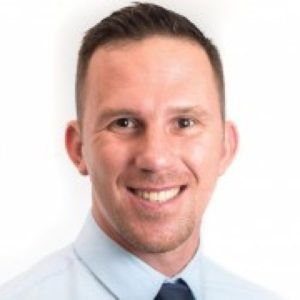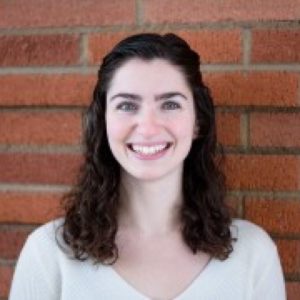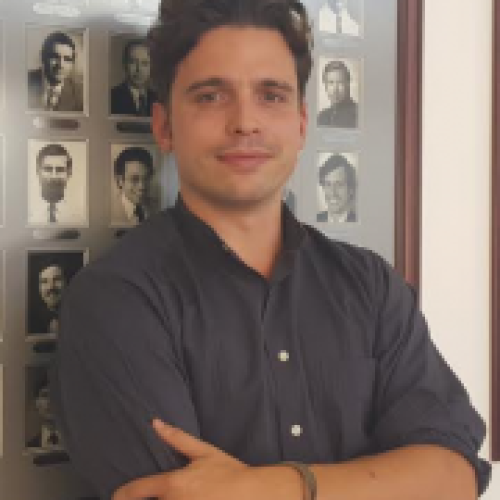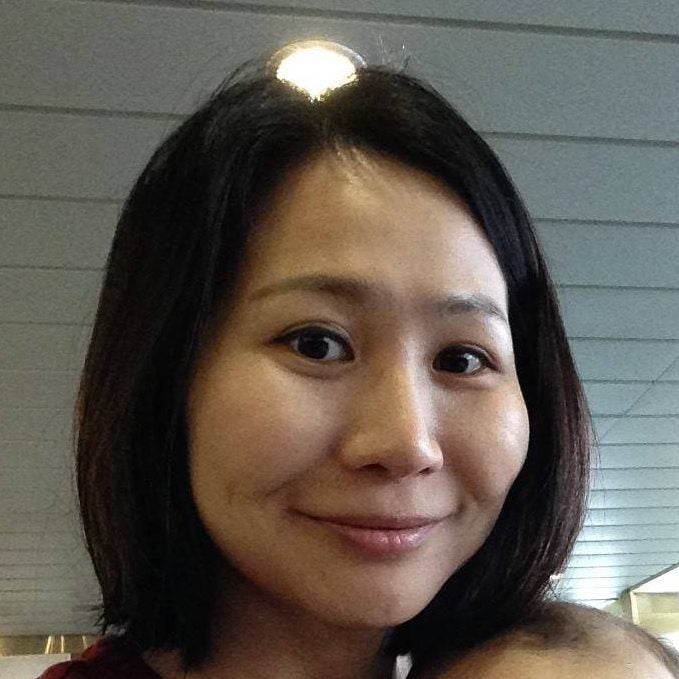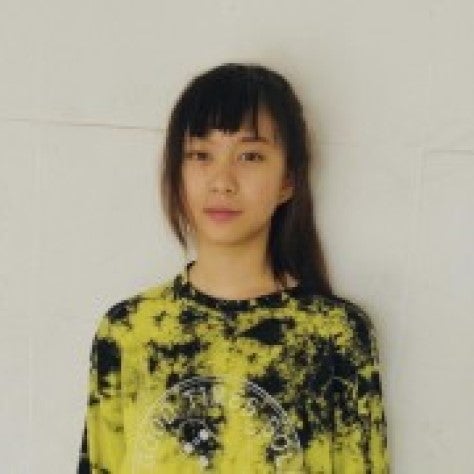Our Team
Meet the Principal Investigator

Associate Professor of Psychiatry, Neurosurgery, Bioengineering and Psychology at UCLA. Dr. Suthana has a diverse methodological background with expertise in human neuroimaging techniques such a fMRI, single neuron and LFP electrophysiology, and deep brain stimulation. She completed her graduate training in the UCLA Neuroscience Ph.D. program and postdoctoral training in the Department of Neurosurgery prior to joining faculty.
Dr. Suthana’s research focuses on the development of invasive and non-invasive methodologies that aim to understand and restore learning and memory functions in humans. Her laboratory includes members with diverse backgrounds in neuroscience, bioengineering, psychology, computer science, and physics and has ongoing collaborations with the Department of Electrical and Computer Engineering to develop a miniaturized wireless neuroprosthetic device for treatment of psychiatric and neurological disorders.
Dr. Suthana’s research has been published in journals such as Nature, New England Journal of Medicine, and Neuron. Her research program has been awarded several NIH Brain Initiative grants including 2 UO1 and 2 RO1 awards, a McKnight Technological Innovations in Neuroscience Award, and a Keck Junior Faculty Award. She currently serves as the Associate Director of the Neuromodulation Division at the Semel Institute for Neuroscience and Human Behavior, and co-directs the UCLA T32 Training program in Translational Neurotechnology. In 2019, she was awarded a postdoctoral mentoring award and continues to contribute to efforts aimed at increasing diversity, and educational and career opportunities for women and underrepresented minorities in her role as the Associate Director of Neuroscience outreach for the Brain Research Institute at UCLA.
Meet the Team

Martin obtained his PhD at Graz University of Technology, studying neural correlates of self-movement. Afterwards, he joined the basic neuroscience department at Campus Biotech in Geneva, Switzerland, to investigate intrinsic, spontaneous brain dynamics by combining intracranial and scalp electroencephalography. At UCLA, he aims at better understanding neural sequences related to movement trajectories and the formation of episodic knowledge by the aid of intracranial EEG and full body motion capture.
Postdoctoral Scholar

Anthony received his MD from Harvard Medical School and is currently completing his psychiatry residency at UCLA. His previous work at the NIH investigated episodic memory and decision-making by analyzing neural activity from iEEG and microelectrode arrays in patients with epilepsy or Parkinson’s disease. Anthony is interested in studying neurostimulation for treatment-resistant mood disorders and how we can incorporate virtual reality to better understand and treat psychiatric disorders.
Postdoctoral Scholar
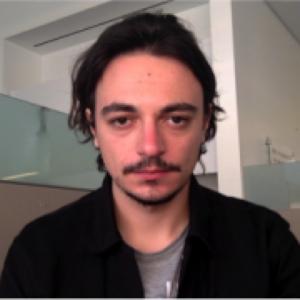
Uros Topalovic, is a Post-doctoral Scholar at the Department of Psychiatry. He obtained his Bachelor’s and Master’s degree from University of Belgrade, Serbia, and his PhD in electrical and computer engineering from UCLA. His research is a mix of engineering and neuroscience, which includes neural signal processing, data analysis and neuromodulating systems hardware/embedded implementations.
Postdoctoral Scholar
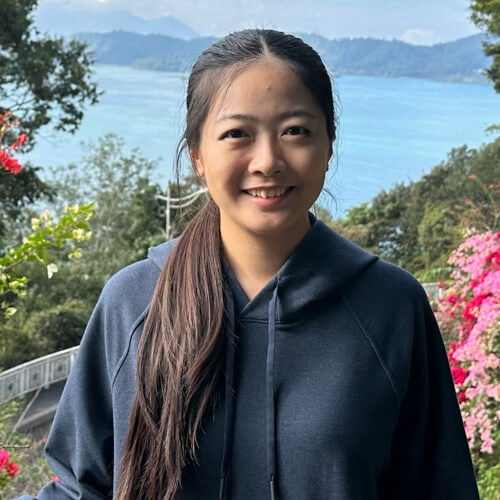
Wenxuan Jiang is a postdoctoral scholar in the Department of Psychiatry. She obtained her PhD in Biomedical Engineering from the University of Southern California in 2023. At UCLA, Wenxuan aims to investigate the neuromodulatory effects of transcranial magnetic stimulation on memory functions in patients with mild cognitive impairment. She is also interested in combining experimental and computational methods to study hippocampal and cortical circuit dynamics underlying learning and memory.
Postdoctoral Scholar
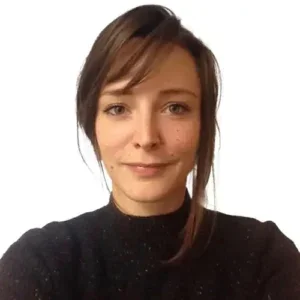
Marcia obtained her PhD from Sorbonne University in France. She then joined the Kavli Institute for Systems Neuroscience (Norway) to study spatial navigation in the context of normal and pathological aging using 7T MRI. At UCLA, she uses the RNS system to investigate the specialized neuronal networks within the medial temporal lobes responsible for integrating boundary and object cues within the cognitive representation of space.
Graduate Student Researcher

Mollie Bayda is a Ph.D. student in the Department of Psychology. She earned B.A. degrees in English and psychology at Mills College. She is fascinated by the electrophysiology of memory phenomena, especially related to how memory representations change over time and how memories may be boosted using stimulation techniques.
Graduate Student Researcher

Myra is a graduate student in the Neuroscience Interdepartmental PhD Program. Myra received a BA in Psychology with a minor in Biological Sciences from UCIrvine, where she investigated mnenomic discrimination ability and medial temporal lobe structural integrity in older adults. She is excited to investigate electrophysiological signals associated with reward processing using rich 3D VR environments under varied social and emotional contexts.
Graduate Student Researcher
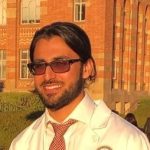
Humza is an MSTP graduate student in the NSIDP PhD program. He received his bachelor’s degree from Arizona State University in Medicinal Biochemistry and Biomedical Sciences. Humza is fascinated by the hippocampal circuits underlying spatial navigation and episodic memory. He combines deep brain stimulation and electrophysiological recordings with real-world spatial navigation tasks to characterize neural circuits associated with memory.
Programmer Analyst
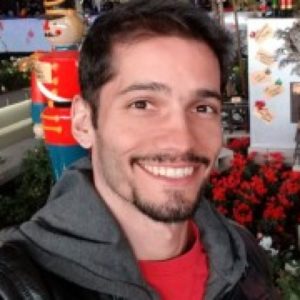
Daniel Batista is an Aeronautics simulation engineer, game developer, programmer, 3D animator, mocap technician and Kung Fu instructor. While getting his Master of Fine Arts at USC in Interactive Media & Games, he worked as a graduate research assistant in the Game Innovation Lab. He is passionate about using technology to address serious problems and turning complex tasks into something fun and entertaining.
Engineer/Data Analyst
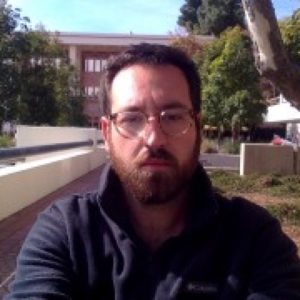
Mauricio is a biomedical engineer with experience in signal processing and data analysis.
During his M.Sc. in Biological Sciences, at Wright State University, his research focus was on the role of neuromodulation in respiratory networks. He then moved to Dr. Golshani’s lab at UCLA, where he aimed to identify mechanisms underlying dysfunctional neural-networks in models of autism and epilepsy. He is passionate about therapeutic effects of neuromodulation on neurophysiological conditions.
3D-Artist
Emi is a 3D modeler, texture, lighting artist, Dungeons and Dragons game master, baker, and video game enthusiast. She obtained her B.F.A. in 3D animation from Pratt Institute, though she specializes in designing and creating immersive and photorealistic environments. She aims to use her technical skill and passion to make a difference in the lives of others.
Lab Manager
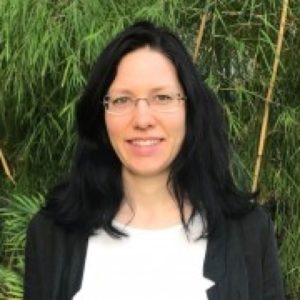
Sonja is a Research Associate at the Jane and Terry Semel Institute for Neuroscience and Human Behavior. With a background in Biotechnology and Project Management, she is supporting all major research projects in the lab and interested in applying Virtual Reality to simulate Real World memory tasks.
Research Associate
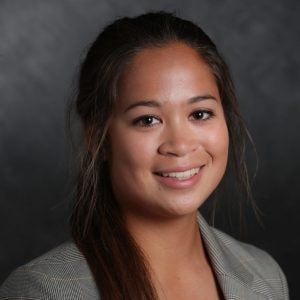
Jonny obtained her B.S. in Neuroscience and Cognitive Science at the University of Arizona with an emphasis in computation. While completing her degree, she worked in the Brain Imaging and TMS Lab studying cortical excitability, plasticity, and other early biomarkers of Alzheimer’s. Jonny is interested in applying neuroimaging and brain-stimulation to further understand neurological and psychiatric disorders for the development and improvement of therapeutic techniques.
Clinical Research Coordinator
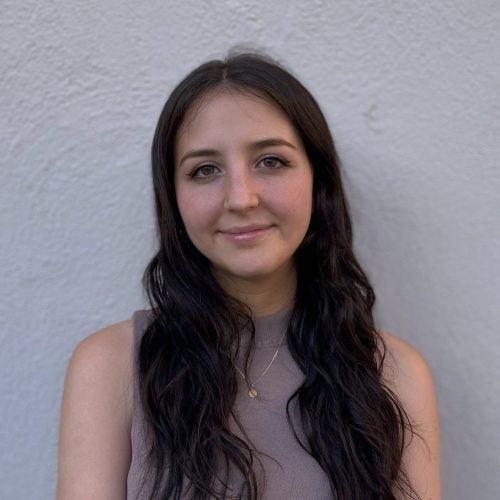
Emma obtained her B.S. in Neuroscience at UCLA. While completing her degree, she worked as an EEG and Neurofeedback technician at Peak Brain Institute. Emma is interested in the development of non-invasive treatments for psychiatric disorders and cognitive deficits.
Research Associate
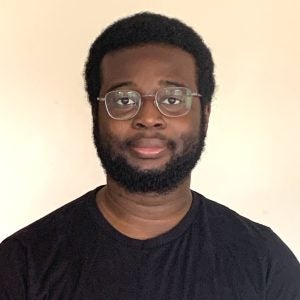
Rahman received his bachelor’s degree in neuroscience from UChicago, while also studying computer science and creative computing. His previous research involved the use of electrophysiological recordings in sensorimotor brain regions of monkeys and people to analyze arm-reaching kinematics and decode models of movement. He was also previously part of a human-computer Interaction lab where he used motor actuation and electrical muscle stimulation to facilitate motor learning. He is interested in creative and human-centered computing for therapies and entertainment.
Clinical Research Coordinator
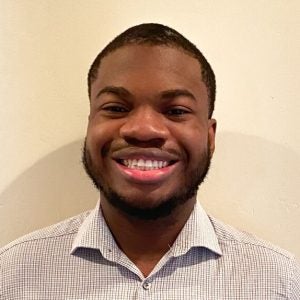
Clinical Research Coordinator
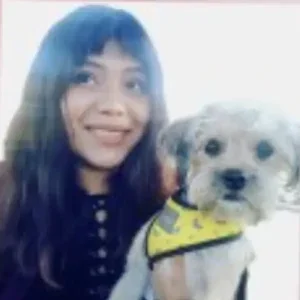
Before joining the team, Bri worked as a Lab Coordinator and Research Assistant at Boston College, focusing on how emotional states affect memory specificity and suppression, using eye tracking and fMRI. These experiences provided her with deep insights into memory mechanisms. She is eager to explore how arousal influences memory prioritization and organization.
